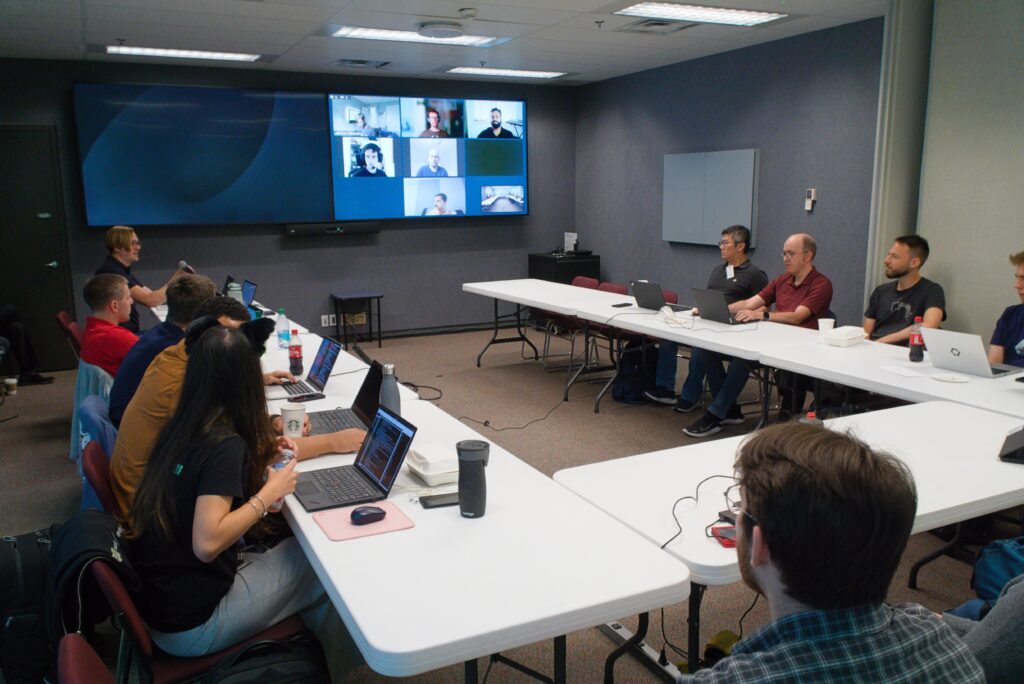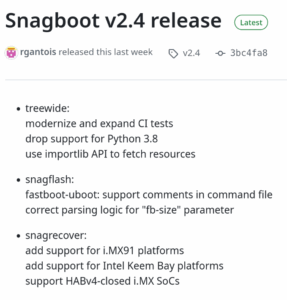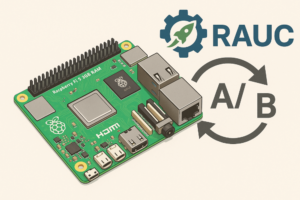This year, the Linux Display Next Hackfest was hosted by AMD in Toronto. The event brought together a diverse group of contributors from a wide range of projects and companies, all united by a shared interest in advancing Linux Graphics. Participants included kernel developers, compositor maintainers, hardware vendors, and others deeply involved in the graphics stack. For the second year in a row, I had the opportunity to attend in person—an important step for Bootlin, as staying closely engaged with the latest developments in the Linux Graphics Stack is key to delivering upstream-friendly, cutting-edge support for our customers.
As usual, a wide range of topics were discussed: commit failure feedback, backlight API, adaptive backlight management, testing, pageflip, scheduling, variable refresh rate (VRR), atomic commits, and others. What made this edition especially noteworthy was the presence of two color experts: a full day was dedicated to exploring HDR—what it is, how it works, and how we can support it properly in Linux.
You can read the notes for this event on Harry’s blog, or from Xaver Hugl, more will probably be posted later by other participants.






 As part of a recent project at Bootlin, we implemented A/B
As part of a recent project at Bootlin, we implemented A/B 